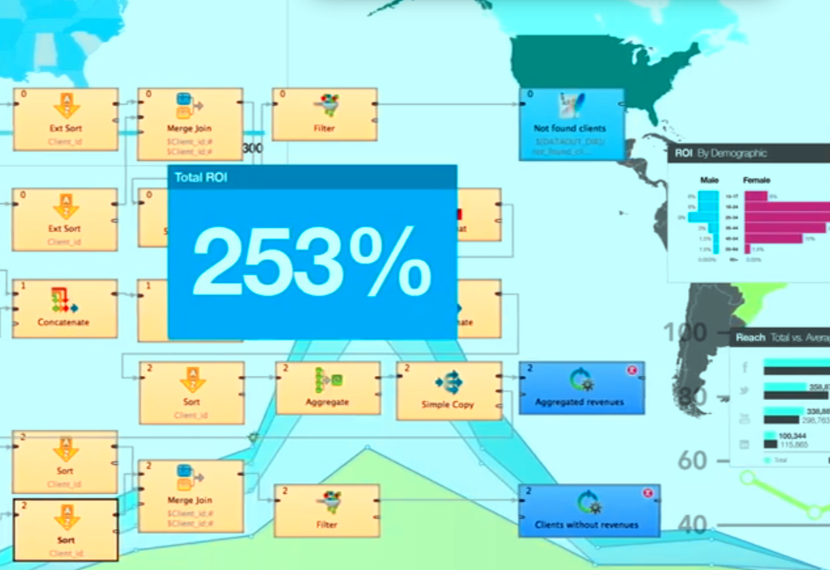The sharing economy is changing the dynamics of buyers, owners, sharers and consumers. This is leading to some calling for producers and consumers getting a fairer deal in the value created and also getting the opportunity to benefit from companies set up around them. Some also call for individuals to have a greater input into the governance of companies. According to Marcos Menendez (2014) in a blog post on OuiShare this will:
“Help building more innovative and resilient networked organisations.”
As we have seen, the sharing economy has been derived from a society that is increasingly online, and this has in turn led to the development of prosumer models. Under these types of models, individuals participate either as producers or consumers and these roles can sometimes be interchangeable. Shared ownership schemes have also emerged. In particular crowdfunding stands out as a model that lowers the barriers that people have to access the funds they need to get an enterprise underway. At the same time it has also been argued by some that human effort and funding needed to create a minimal viable product has lowered in recent years. Collaboration has helped in achieving this. And this leads to some putting forward the suggestion that companies should share the value that their users have created.
Sharing the value and the governance of networked businesses
It can be argued that when networked business models exist, the value should be shared, but so too should the governance. This is an interesting idea, and it makes one think what might happen if the governance of a company like Facebook was to be shared by all of its users. It is likely that there would be some privacy changes for starters! Anyway, proponents of the shared governance model, like Menendez argue that:
“Networks cannot be governed hierarchically. It is simply unnatural. Networks require a much more horizontal or democratic governance system. A heterarchy.”
It can be argued that the best way to share both value and governance is in tying company ownership to producing a service. Taking the case of Facebook again, this could mean that a person’s profile page is a service that has been produced and provided to Facebook. Of course, as already indicated, all of this links to data, ownership and privacy. Those that believe that value and governance should be shared in networks also believe that one’s data is one’s owned, and consequently if that data is shared on a network then it is still owned by that person, and so any value created from that data should be given to the owner of that same data. Fundamentally what is being called for is the securing of data owners interests, something which has somehow been lost in the production of social networks and other networked businesses.
A data cooperative protecting your data
These thoughts and opinions have led to the development of an organisation called TheGoodData which is a data cooperative. The company helps to represent people when their data has been used unfairly or without their permission, and it trades people’s data on their behalf. As per the ideas already suggested, the value that is created by the business stays in the hands of those that created it – the producers. People that are owners of the data also benefit from having governance of the organisation as well. This has led these people to be termed not just “prosumers” but instead, “pro-owners”.
It is hoped that other companies will follow suit and there are a number of reasons given why this should be the case. After all the production of data and its harvesting are very cheap to do with technology that is open source. Additionally data is valuable and it can be traded just like everything else, but particularly to the advertising industry. As well as this, data value and liquidity may be utilised for crowdfunding the cooperative. Some of the challenges anticipated with such an organisation are the problems relating to the fact that it does not fit into the bracket of a regular limited company since ownership is more complex.
These ideas are interesting and enlightened and raise a variety of questions that have to be answered, but they open the door potentially to different approaches to data management and its use. TheGoodData is pioneering a path that others will surely follow.

Paula Newton is a business writer, editor and management consultant with extensive experience writing and consulting for both start-ups and long established companies. She has ten years management and leadership experience gained at BSkyB in London and Viva Travel Guides in Quito, Ecuador, giving her a depth of insight into innovation in international business. With an MBA from the University of Hull and many years of experience running her own business consultancy, Paula’s background allows her to connect with a diverse range of clients, including cutting edge technology and web-based start-ups but also multinationals in need of assistance. Paula has played a defining role in shaping organizational strategy for a wide range of different organizations, including for-profit, NGOs and charities. Paula has also served on the Board of Directors for the South American Explorers Club in Quito, Ecuador.










